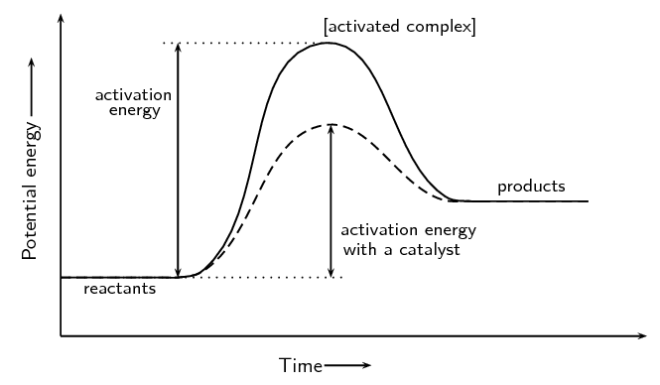Two hundred fifty years of slavery. Ninety years of Jim Crow. Sixty years of separate but equal. Thirty-five years of racist housing policy. Until we reckon with our compounding moral debts, America will never be whole.
I’m reading it for the reasons that most may be. I’m also specifically reading it (in the dead dark of night) in commemoration of of the 99th anniversary of the Tulsa race massacre today.
We definitely need to start a broader discussion about our social and moral conundrum or we’re doomed to continue the same stupid cycle we’ve been experiencing for centuries now. We’re America. We’re better and smarter than this.
This was definitely a long read, so for those who may not have the time, there’s an audio/podcast version you can listen to:
debt peonage ❧
https://en.wikipedia.org/wiki/Peon
Annotated on May 31, 2020 at 11:51PM
In Cold War America, homeownership was seen as a means of instilling patriotism, and as a civilizing and anti-radical force. “No man who owns his own house and lot can be a Communist,” claimed William Levitt, who pioneered the modern suburb with the development of the various Levittowns, his famous planned communities. “He has too much to do.”But the Levittowns were, with Levitt’s willing acquiescence, segregated throughout their early years. ❧
I’d never heard of the background of these Levittowns, but I’m not super surprised to recall that Bill O’Reilly’s family apparently moved to Levittown, Long Island in 1951. It explains a missing piece I had in his background.
Annotated on June 01, 2020 at 12:53AM
But I believe that wrestling publicly with these questions matters as much as—if not more than—the specific answers that might be produced. An America that asks what it owes its most vulnerable citizens is improved and humane. An America that looks away is ignoring not just the sins of the past but the sins of the present and the certain sins of the future. More important than any single check cut to any African American, the payment of reparations would represent America’s maturation out of the childhood myth of its innocence into a wisdom worthy of its founders. ❧
Annotated on June 01, 2020 at 01:46AM


